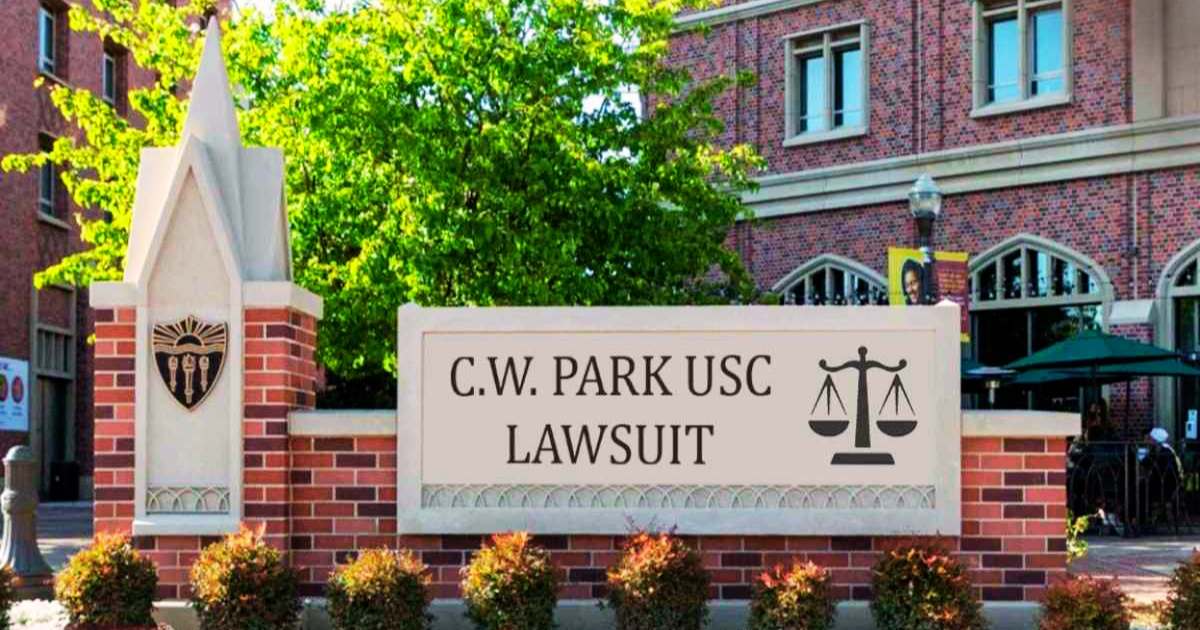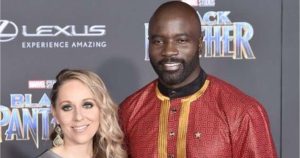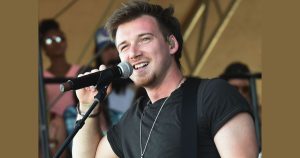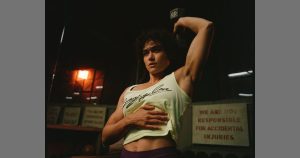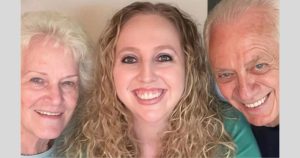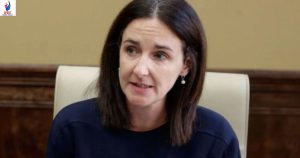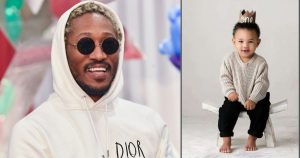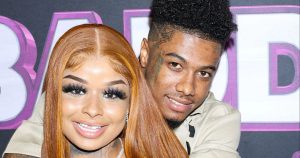The C.W. Park USC Lawsuit has stirred significant upheaval in the academic realm and at the University of Southern California (USC) in recent years.
To truly grasp the importance of this unfolding legal dispute, it’s crucial to delve deeper into its background, key developments, and potential impacts.
Understanding the Complexities of the C.W. Park USC Lawsuit
In 2018, a series of troubling allegations surfaced against Dr. Chong Won “C.W. Park”, a prominent accounting professor and Dean at C.W. Park USC’s prestigious Marshall School of Business.
Former students came forward accusing Park of sexual harassment, discrimination, bullying, and other misconduct spanning several years.
As more victims spoke out, the picture became clearer: Park had allegedly fostered a toxic culture of verbal and emotional abuse that caused lasting trauma for many students.
Despite repeated complaints over the years, the university failed to intervene or restrain Park’s escalating patterns of harassment.
In March 2021, two of Park’s former Ph.D. students took legal action, filing a civil lawsuit against both C.W. Park and USC. They claimed the university did not sufficiently protect its students and that Park’s actions severely obstructed their academic futures.
Historical Underpinnings of This Legal Battle
C.W. Park began teaching at USC Marshall in 1993, building his influence over almost 30 years. As the first Korean-American professor to gain tenure in Marshall’s accounting department, his career broke barriers.
Park’s research profile, connections in the business community, and work as a consultant significantly bolstered USC Marshall’s reputation.
In 2019, Park’s position expanded when he was appointed Dean of Faculty and Research. This promotion granted him even greater sway over hiring decisions, resource allocation, and shaping USC Marshall’s academic direction.
Warning signs had surfaced years prior. Since 2016, students filed multiple complaints regarding Park’s inappropriate conduct.
They reported experiencing frequent harassment, bullying, discrimination, and verbal attacks focused on their ethnic backgrounds and gender.
USC downplayed these allegations for years. It was not until 2021 when mounting public pressure, petitions, and protests likely forced USC’s hand in conducting an internal investigation into Park.
He was removed from his Dean position in 2021 and is now on administrative leave as the lawsuit proceeds.
Key Figures Shaping the Trajectory of the Legal Battle
- C.W. Park: The accused perpetrator, now fighting to salvage his reputation after a rapid fall from grace. The outcome of the trial could impact his finances, tenure status, and future employability.
- USC: Faced with grave institutional and reputational damage. The university must weigh concerns around liability, public relations, governance reform, and providing redress for victims.
- Student Plaintiffs: Former PhD candidates who left USC claiming Park’s harassment derailed their academic progress. They seek compensation for career disruption and ongoing psychological injuries.
- Title IX Office: Responsible for USC’s sexual misconduct policies. Its past negligence in addressing complaints against Park is under examination. The office could require serious changes.
- Plaintiffs’ Attorneys: Legal team arguing USC failed to protect its students from foreseeable harm. They aim to establish the university’s liability.
- USC’s Defense Counsel: External lawyers who must convince the court that USC made good faith efforts when informed and did not enable Park’s actions.
Events and Lapses Building Towards Legal Action
In March 2016, a student first reported Park for harassment, sparking a Title IX investigation.
The complaint stated that Park treated female students differently than males, expecting women to take notes and work longer hours. Park received a warning over this incident.
No meaningful follow-up or oversight occurred. Insufficient accountability measures allowed problems with Park’s conduct to escalate.
In 2018, several more students submitted complaints about Park over his leadership of an accounting doctoral program.
Their grievances included allegations of racism, hostile management tactics, and retaliation threats.Once again, USC opted not to enact any sanctions.
In 2021, two female Korean students in Park’s program filed the C.W. Park lawsuit. Court documents reveal they made at least five previous attempts to report Park’s harassment privately to USC officials.
They emphasized experiencing discrimination, insults, manipulation, and destruction of their professional opportunities.
Yet administrators neglected to address their situation despite numerous efforts over three years, forcing the plaintiffs to take public legal action.
Assessing the Cascading Impacts if the Lawsuit Succeeds Against USC
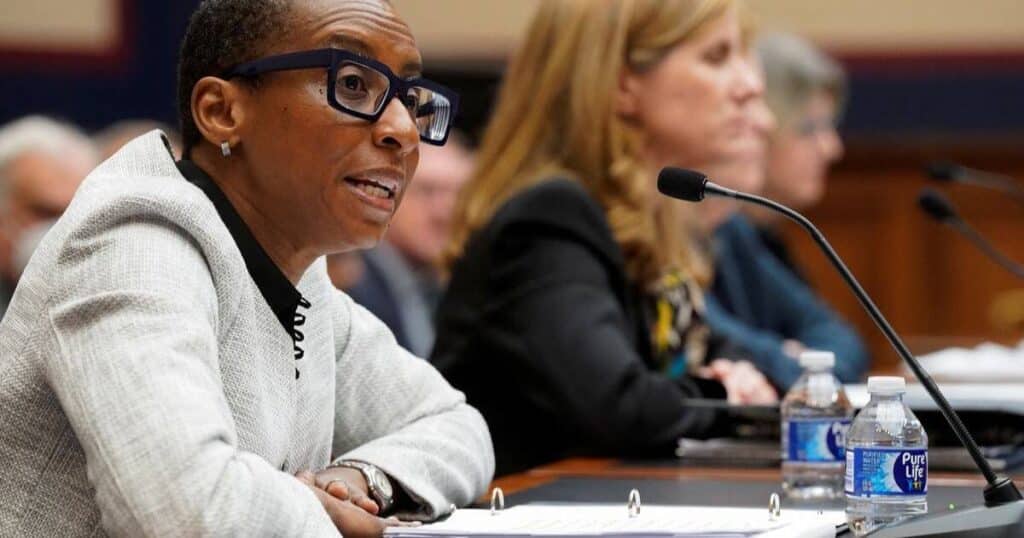
- Financial Penalties: If the court rules USC holds meaningful liability for enabling Park’s harassment, substantial monetary damages could be awarded to plaintiffs for career disruption and emotional distress. Fines would also impose financial consequences.
- Reputation Damage: The lawsuit could permanently tarnish USC Marshall’s brand as the case highlights ineffective policies, poor governance, and negligent leadership over faculty oversight. Such reputational damage might decrease applications.
- Personnel Overhaul: Key senior figures and Title IX Office leadership could face increased pressure to resign over their roles in mishandling Park. New appointments might be tasked with reform.
- Policy Changes: Court-enforced mandates would likely compel updates to USC’s discrimination, harassment and Title IX compliance policies, including new reporting procedures, prevention initiatives and response protocol.
- Increased Oversight: Greater emphasis may be placed on best practices for responsibly monitoring faculty conduct, stopping early warning signs from escalating into crises. External regulatory or advisory bodies could get involved.
If accountability measures fall short despite the trial’s outcome, activists might continue applying public pressure for governance reforms at USC.
Unpacking Park’s Retaliation Accusations Against USC
In response to his eventual suspension and dismissal in 2021, Park fired back by suing USC for wrongful termination.
Central to his argument is the belief USC retaliated against him as punishment for cooperating with a bias investigation into another Marshall professor’s conduct.
- Park claims that by providing testimony in this 2019 investigation, he engaged in “protected activity” safeguarded against retaliation under Title IX policies.
- His subsequent removal as Dean in 2021 therefore constitutes illegal retaliation directly connected to his earlier testimony, argues Park.
To validate this retaliation claim, Park and his legal team face obstacles in supplying evidence that:
- Park did indeed assist with the 2019 investigation involving a colleague
- USC administrators were aware of this assistance
- Park’s later dismissal stems directly from animus and vengeance related to this, rather than legitimate grounds
If arguments persuasively connect these dots, consequences for USC could be steep for unlawful retaliation violating Park’s Title IX rights.
USC’s Stance in Counter-Claims Against Park
USC outright denies Park’s version of events. Some key pillars of USC’s counter-arguments include:
- No Relation: USC asserts no relation whatsoever between Park providing testimony in 2019 and his position termination in 2021. It calls these two completely separate issues.
- Justified Dismissal: Park’s removal respected protocols and arose directly from recent complaints regarding his own misconduct.
- Inadequate Performance: USC alleges other well-documented performance issues including falling research productivity as another factor in his dismissal.
- No Protected Activity: The University claims Park did not sufficiently engage in protected behaviors shielding him from standard workplace processes.
Unless Park can introduce compelling evidence debunking USC’s core defense logic, his retaliation claims face substantive hurdles. The University aims to prevent connecting these dots altogether.
Who Else Bears Responsibility? Examining Systemic Failures at USC
Park alone did not cultivate the toxic culture that students endured. While2 centralizing Park in discussions of this legal case, concentrating blame solely on one faculty member obscures responsibility belonging to complicit USC managers.
Many student testimonies emerging from lawsuit proceedings reveal that various administrators turned a blind eye towards misconduct reports about Park for years.
Cultural elements and reporting failures that enabled Park’s sustained harassment must be confronted. Student plaintiffs further allege patterns of shielding tenured professors on account of their prestigious status and fundraising potential.
Ultimately, this lawsuit reveals deep governance issues across multiple facets of USC Marshall’s institutional hierarchy. It underscores how hierarchy and prestige shielded liability.
Until reforms instill accountability and provide harassment reporting mechanisms free from conflicts of interest, the cycle enabling abuse may persist irrespective of Park.
Campus Movements Mobilizing Against Injustices
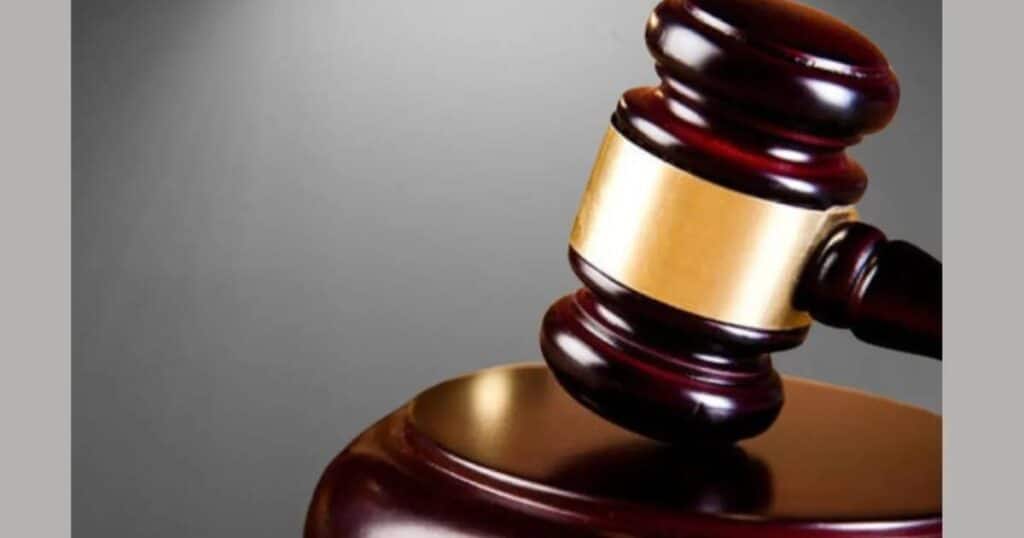
The C.W. Park scandal has galvanized student activism calling for far-reaching changes to discriminatory elements embedded within campus culture.
As the court case progresses, grassroots coalitions continue channeling outrage over USC’s harmful failures into demands for concrete reforms.
Petitions and Protests: 1000+ students signed a petition urging USC officials to enhance anti-harassment protections, while rallies apply public pressure.
Raising Awareness: Instagram advocacy accounts share stories of marginalized student experiences to spur reflection.
Policy Demands: Activist groups wrote USC leadership demanding enhanced faculty oversight policies and independent Title IX infrastructure exempt from financial or administrative conflicts of interest.
Ongoing activism ensures public scrutiny continues compelling USC towards meaningful governance changes that address the deeper cultural conditions, power structures and reporting inadequacies enabling workplace harassment.
Individual Trauma and Shared Courage Among Survivors
While the lawsuits capture headlines, we must remember that real human trauma dwells beneath the surface of this legal storm.
For student victims of Park’s alleged harassment who stepped forward, the path towards justice bears great personal risk and emotional toll.
By speaking out against a powerful authority figure, they exposed themselves to institutional betrayal after USC continually failed to investigate complaints.
Many victims still feel denied dignity as protracted legal proceedings reopen painful memories. Their long-deserved closure relies on the court delivering accountability.
Yet despite all they have endured, these survivors uplift each other’s spirits in sisterhood.
Plaintiffs have thanked fellow victims for their solidarity and courage in elevating harms ignored for too long. Though the journey remains wearying, they stand united.
Evaluating Issues Around Academic Freedom and Tenure Rights
One tension highlighted by this legal battle involves balancing tenure-backed academic freedom protections against conduct oversight:
- Purpose of Tenure: Tenure grants professors intellectual independence from institutional or political pressure when pursuing research interests or espousing positions on issues. Freedom to challenge status quos erroneously perceived as “radical” discourse must be protected.
- Limitations Around Conduct: However, academic freedom does not constitute blanket immunity from workplace harassment policies or professional codes of ethical conduct in teacher-student relations. Employment terms and standards apply regardless of tenure status.
Questions raised by this case include:
- Should USC have suspended Park sooner pending full investigations once initial red flags emerged?
- When upholding tenure rights protects harmful patterns of misconduct, has the system failed?
- Does tenure act as a shield for liability even amid potentially fireable harassment and abuse?
These debates drive towards finding an appropriate balance. The C.W. Park USC lawsuit puts a microscope onto those challenging tensions.
Leadership Maneuvering Through Crises
For USC administrators, this legal crossroads is marked by difficult decisions regarding damage control, transparency, taking responsibility, and charting an improved path forward:
- Standing by Past Decisions? University leadership must weigh defending past actions that kept Park in power versus conceding grave oversights in moral leadership. Legal liability risks complicate maneuvering PR strategies.
- Speaking to Both Sides: Administrators must simultaneously address multiple constituents – the student body, faculty, alumni donors, media critics – with competing perspectives and demands.
- Preserving USC Marshall’s Reputation: As depositions risk exposing deeper systemic negligence, containing the scale of reputational harm remains critical and challenging.
- Paving a Better Future: No matter the trial’s outcome, USC must rebuild trust and prevent future occurrences by learning from missteps.
How USC navigates these waters will define its institutional direction for years.
The Moment’s Exemplary Significance
This legal case extends significance reaching far beyond its immediate parties and specifics.
The outcome will set precedence on issues defining society today – workplace equity, power structures enabling misconduct, accountability for institutional betrayal of vulnerable community members, and conflicts between prestige and principles.
Court judgments send powerful messages that either reaffirm or disrupt the status quo. In an era demanding workplace climates where dignity and justice prevail, the C.W. Park USC lawsuit carries symbolism as a bellwether.
Verdicts and ensuing university actions will signal priorities. Many shall be observing closely how accountability gets allocated.
Beyond USC, reverberations may inspire reflections across academia on who we value, how we lead, and what progress remains.
Expert Analysis – What Key Issues Does This Case Raise?
“This case exemplifies how strong protections for faculty, designed to shield academic freedom, may conflict with policies against harassment when claims involve professors,” explains Rita Gordon, a higher education law expert.
“It reveals shortcomings allowing misconduct – especially by lucrative faculty – to turn a blind eye.”
Clinical psychologist Dr. Carmen Liu suggests the case “highlights how power structures and institutional betrayal trauma intersect, enabling escalating patterns of abuse when victims lack support avenues.”
Professor of Leadership Ethics Sofia Hassan argues we must have complex conversations on the cultural and reporting deficiencies that allowed Park’s harassment to endure despite recurring warning signs.
*“Responsibility extends beyond individual perpetrators. This reality warrants deep examination of systemic influences grant parties power, silence voices or shield liability.” *
Ongoing Fallout and Concern Throughout Academic Community
The C.W. Park scandal sent shockwaves beyond USC, heightening anxieties around appropriate relations, accountability and unresolved gaps in preventing harassment across higher education.
Many institutions lack transparent data on faculty misconduct complaints, their resolutions, and policies balancing tenure privileges with behavioural oversight. The case revealed overdue reflections.
Student welfare advocates demand examination of who oversees powerful professors, how to address serial issues, what sanctions apply beyond terminated employment, and when scrutiny warrants suspension of teaching duties pending investigation into distressing claims.
They also express frustration over institutional betrayal trauma when administrations appear more concerned over guarding brand reputation than security of their own students.
Until governance reassessments better support vulnerable community members, the conditions enabling Workplace inequity and harassment to turn perpetual may continue haunting academia at large.
Tracking This Unfolding Legal Journey
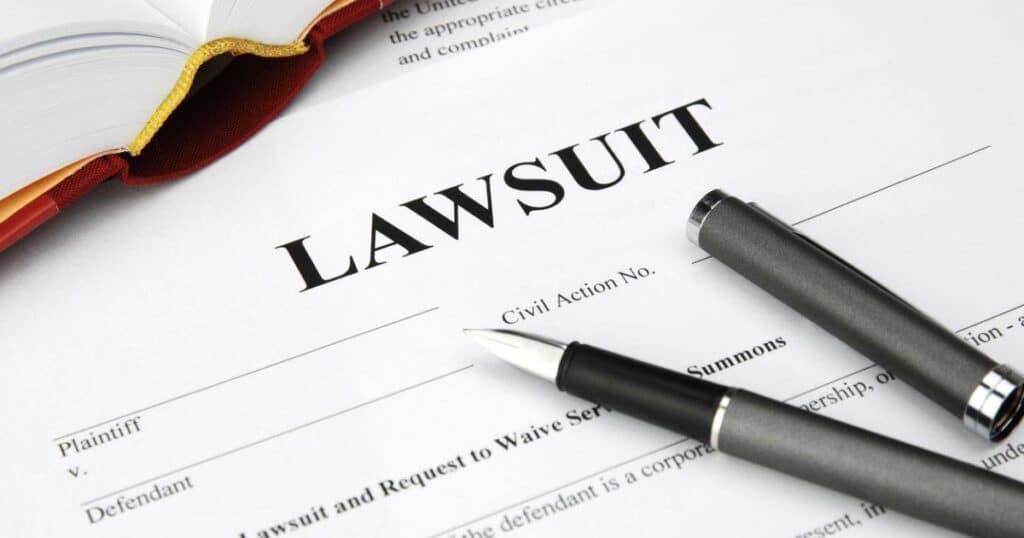
This C.W. Park USC lawsuit shall continue commanding rapt attention. Further case developments promise revelations that spur calls for accountability and overdue change.
We shall examine crucial upcoming milestones like witness testimonies, adjudication of USC’s dismissal motion, and the final verdict once jury deliberations conclude.
Rallies and activism will persist raising urgent dialogue on issues of trauma, harassment and power in academia – discussions reaching beyond courtrooms out towards culture itself.
As media dissects each twist, public interpretations lean towards viewing this landmark trial as a barometer on society’s readiness to confront painful realities, wrestle with easy excuses that conceal responsibility, and chart accountability.
Stay up-to-date on this ongoing lawsuit seeking justice. Its impacts promise lasting significance.
Also Read This : Liam Costner Age, Net Worth
Final Thoughts
At its heart, this trial encapsulates a watershed cultural moment.
A collective crisis of conscience has erupted around issues like workplace equity, speaking truth to power structures enabling abuse, support for trauma victims, priorities guiding administration, and the mythologies shielding liability under prestige’s veneer when reputation concerns override moral leadership.
The outcome stands poised to affirm public trust in establishing the precedents and policies that shall define acceptable norms underpinning academia’s integrity.
Or further erode confidence if administered accountability again falls short of community expectations and trauma burdens go unredressed.
To uphold stated values on workplace climates where equity and dignity reign, principles must manifest through action. There can be no space for continued harm with impunity.
The court’s verdict carries stakes larger than this singular case. In issuing their judgment, university administrators shall signal priorities through their policies and collective soul searching. All eyes now focus on USC’s path ahead.

Hello I am Gavin Hunt,
I has covered sports for over 20 years. I started writing for his college newspaper.
I reported on college sports. After graduating, became a sports reporter for a small local paper.
For ten years, I covered local high school and amateur games.
I profiled struggling athletes, inspiring readers. Later, I moved to the main city paper as lead columnist.
Now I travels nationally covering pro hometown teams.
My entertaining columns are widely read. With a big social media following, I has become the city’s top sports pundit.
